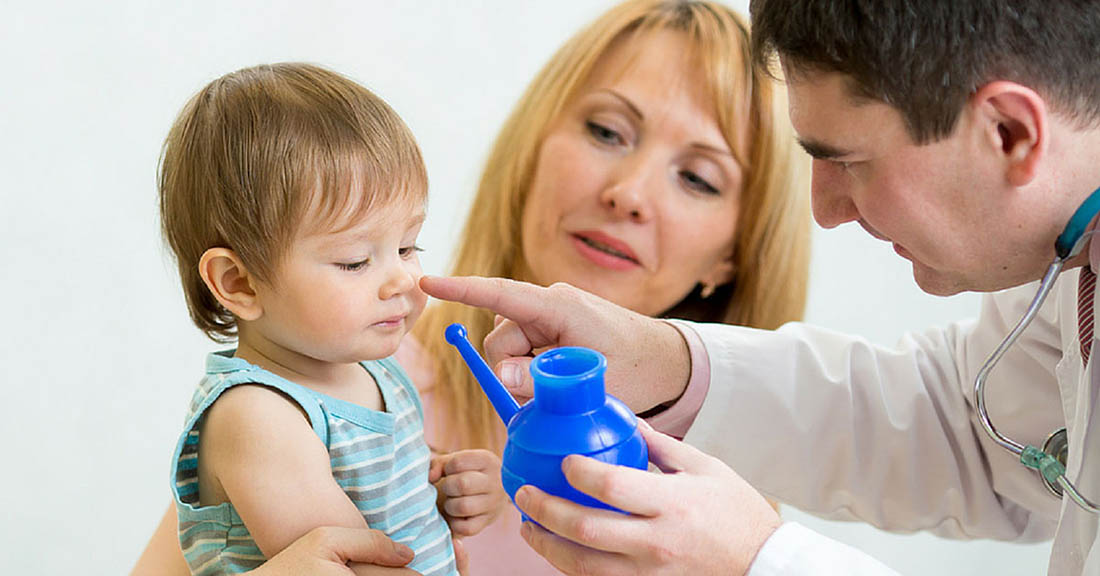
If you have chronic sinus or allergy problems, you may be suffering from facial pain and breathing difficulties, and feel as though your nose is perpetually stuffed and clogged.
Many of those with on-going sinus issues recommend nasal irrigation, a technique that uses a saltwater solution to tsunami any clogged nasal passages.
But does it work?
How Nasal Cleaners Function
Evangeline Lausier, MD, assistant clinical professor of medicine and director of clinical services at Duke University’s department of integrative medicine, believes it does: “I find it to be the first line of defense in dealing with complicated sinus problems and allergy problems. Particularly if you are developing congestion or have a sinus infection, it’s very helpful.”
Across multiple studies, people who suffered from daily sinus symptoms were able to find relief by using the nasal irrigation system daily. Once the initial symptoms stopped, a regular cleanse three times a week was usually enough.
Are Nasal Cleaners Safe?
For most people, using a nasal cleanse was generally safe. Approximately 10% of regular users did report experiencing mild side effects, including nasal irritation and stinging. Nosebleeds have been occasionally, but rarely, reported. Some of the ways to reduce and even prevent these side effects and issues include reducing the amount of salt in the saline solution, changing the frequency of Neti pot use, and changing the temperature of the water used.
Irrigating the nasal cavities can be an effective way to relieve sinus symptoms, and works as a complement or even replacement to traditional sinus treatments, like antibiotics or nasal steroids.
“Nasal irrigation is one attempt to help patients manage their symptoms, whether that’s in addition to antibiotics or instead of antibiotics,” says Melissa Pynnonen, MD, associate professor of otolaryngology at the University of Michigan. “It works best to relieve symptoms of dry mucus, thick mucus, and crusty mucus.”
However, it is very important to note that nasal mucus, although annoying, does help protect the body against infection. “The nasal mucus we have in the nose contains very important immune elements that are the first line of respiratory defense against infections,” explains Talal Nsouli, MD. By removing mucus, you may also dilute or wash away these beneficial antibacterial, antifungal, and antiviral agents, so you need to use it in moderation.
Extensive long-term use can certainly have a negative impact on your sinus health, but by moderating your use of your chosen nasal irrigator, you can best live a healthy life.
Are Nasal and Sinus Issues Affecting Your Life?
At Houston Sinus & Allergy, we see a variety of nasal and sinus issues that result in a loss of smell, as well as other stressful or painful situations, and we know how to provide long term relief. If you’re experiencing difficulty in smelling or nasal breathing, Book an assessment with us, and let us help you breathe normally again.
Share Tweet Email If your teeth ache, you probably call your dentist for an appointment. You naturally assume that pain is the result of a cavity or other dental issue. But it could be that the pain is not triggered by a dental problem. Instead, your sinuses could be the culprit, especially if the pain […]
Share Tweet Email When someone close to you—a friend or family member—gets a sinus infection, your first instinct may be to avoid them. Or you may reach for the hand sanitizer if you can’t get to a sink to scrub your hands. Those are understandable reactions, especially given how miserable sinus infections can make a […]
